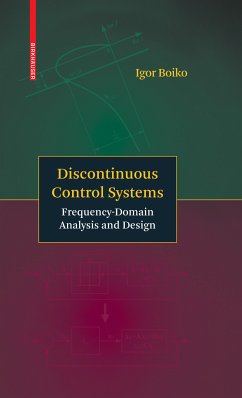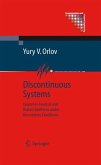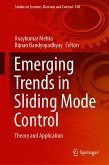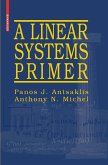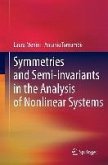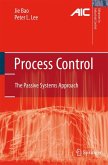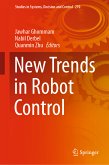LPRS theory is presented in detail beginning with basic concepts and progressing to computing formulas, algorithms, and MATLAB® code. As a result of LPRS properties such as exactness, simplicity, and convenience, many problems of analysis and design of discontinuous systems are solved easily by using the theory described. Presented are a number of practical examples applying the theory to analysis and design of discontinuous control systems from various branches of engineering, including electro-mechanical systems, process control, and electronics.
A few chapters of the book are devoted to frequency-domain theory of sliding mode control, which is presented as a special type of discontinuous control. LPRS analysis of the effects of chattering and nonideal closed-loop performance in sliding mode systems having parasitic dynamics, as well as the relationship of those effects with the ideal sliding mode, are given.
Discontinuous Control Systems is intended for readers who have knowledge of linear control theory and will be of interest to graduate students, researchers, and practicing engineers involved in systems analysis and design.
Dieser Download kann aus rechtlichen Gründen nur mit Rechnungsadresse in A, B, BG, CY, CZ, D, DK, EW, E, FIN, F, GR, HR, H, IRL, I, LT, L, LR, M, NL, PL, P, R, S, SLO, SK ausgeliefert werden.
"The purpose of this book is to present a new frequency domain theory of discontinuous control systems in which the control systems are viewed and studied as servo systems. ... This book is primarily a research monograph, as it is devoted only to frequency domain theory of discontinuous control systems. ... it also has many features of textbook, as the theory presented covers a relatively large classic nonlinear control area. The book, therefore, can be used by researcher, practitioners, and undergraduate and graduate students." (Ion Bogdan, Iasi Polytechnic Magazine, Vol. 21 (1/4), March/December, 2009)

